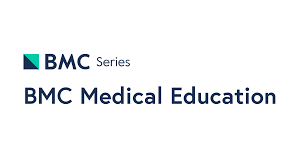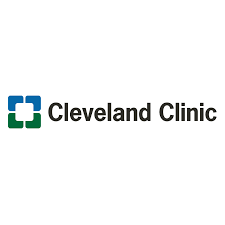
Editor's Note Pairing short, human-led preoperative videos with structured postoperative texting streamlines workflows without sacrificing clinical touch at ambulatory surgery centers (ASCs), said Austin Cheng, CEO of Gramercy Surgery Center in New York City, and Tracy Hoeft-Hoffman, MSN, MBA, RN, CASC, administrator of Heartland Surgery Center in Nebraska, at the…

Editor's Note MD Anderson is hardwiring career mobility so staff can see, test, and pursue growth without leaving the division. According to this session’s panel—including Abigail Caudle, MD, MHCM, FACS, vice president of procedural and therapeutic medical operations; Robert Ghafar, MBA, RTT, vice president of procedural and therapeutic operations; and…

Pinpoint accuracy in surgical technique has advanced beyond what many ever thought possible. Unfortunately, such refinements have been slower to reach the perioperative business front. OR leaders often rely on vague metrics and educated guesses to guide their teams. Ambient artificial intelligence (AI) is changing that. When integrated with data…

Editor's Note Advocacy begins where safety meets purpose. That was the resounding message from UF Health Shands’ Michele Brunges, MSN, RN, CNOR, CHSE, director of surgical services; Katherine Hayes, BSN, RN, CNOR-CARD, nursing professional development specialist for perioperative services; and Kristy Perry, MSN, RN, CNOR, clinical coordinator of the north…

Editor’s Note New nurse leaders thrive when organizations invest in practical training and relationships, according to Aubrey Pepper, MSN, RN, DHA, CNOR, NE-BC, senior director of surgical services at St Jude Children's Research Hospital. In this session, Pepper said the most predictive skill for a smooth clinician-to-leader transition is “relationship…

Editor's Note Lock in system-level wins fast. The 2025 OR Manager Conference is right around the corner (October 28–30 in Anaheim, California), and it is loaded with how-to sessions that turn ideas into throughput, revenue, and workforce results you can bring home in Q4. This year’s agenda centers on pragmatic,…

Editor's Note Introducing preassembled surgical trays sharply reduces OR waste and setup time while improving staff workflow satisfaction, Surgeries October 8 reports. The prospective study, conducted in a high-volume German urology center, compared tray-based setups with the “standard approach” for preparation across 64 procedures and found measurable ecological and operational…

Editor's Note Training with surgical preference cards significantly lowers anxiety and strengthens clinical competence among OR nursing students, according to a randomized controlled trial published in BMC Medical Education on October 2. The study enrolled 60 OR nursing students in Iran between 2023 and 2024. Students were randomly assigned to…

Editor's Note Treating every patient the same may feel fair, but it can be dangerous, according to a September 2025 article from the American Journal of Nursing, which argues that cultural indifference in nursing practice undermines patient safety and trust. Per the article, person-centered care requires more than standardized protocols.…

Editor's Note A recent article from Cleveland Clinic details the use of confidential staff forums to address barriers to escalating patient care concerns, resulting in greater caregiver engagement and targeted improvements. Published July 25, the article describes how nursing leaders collaborated with the Cleveland Clinic Alliance for Patient and Caregiver…